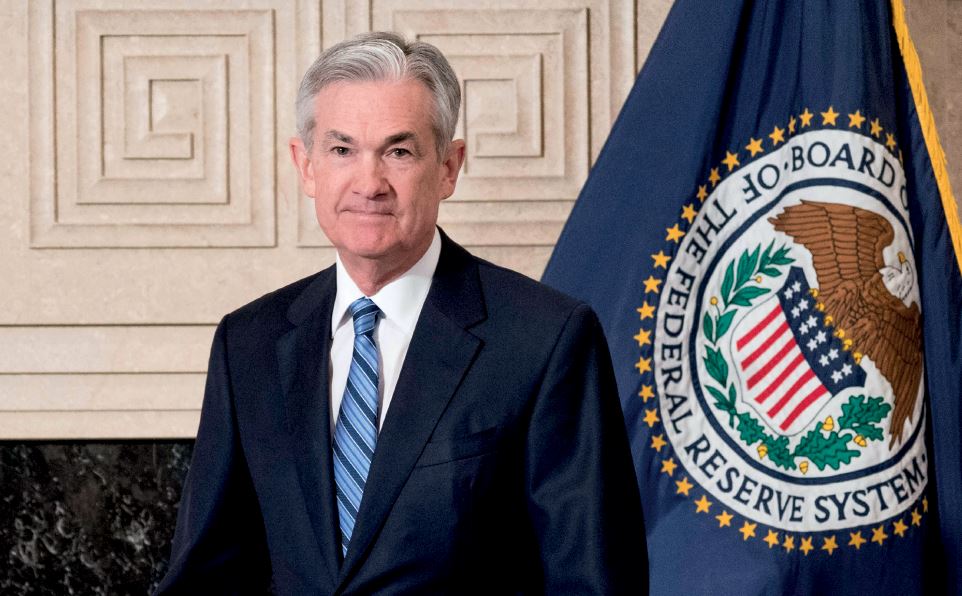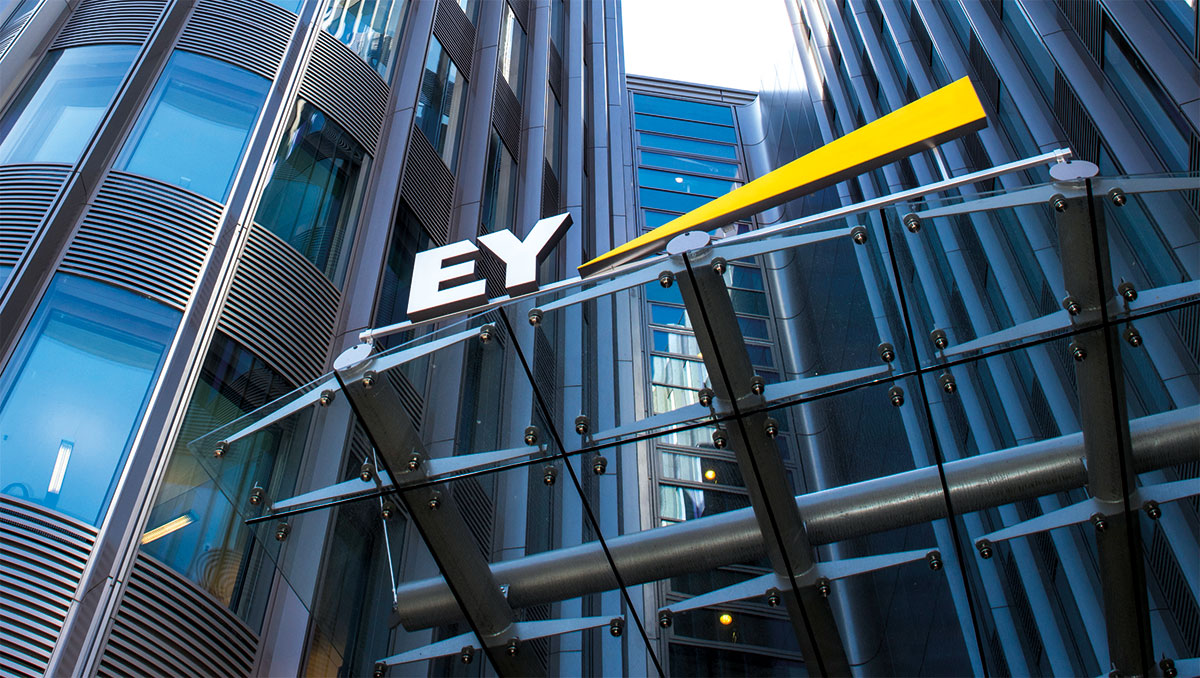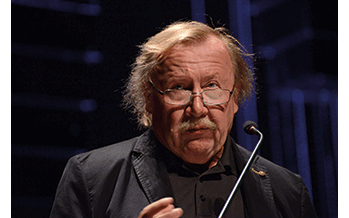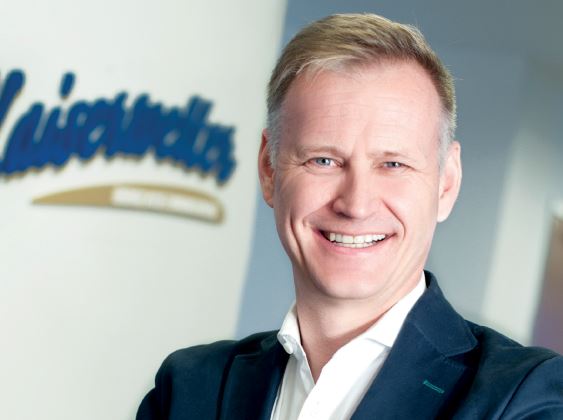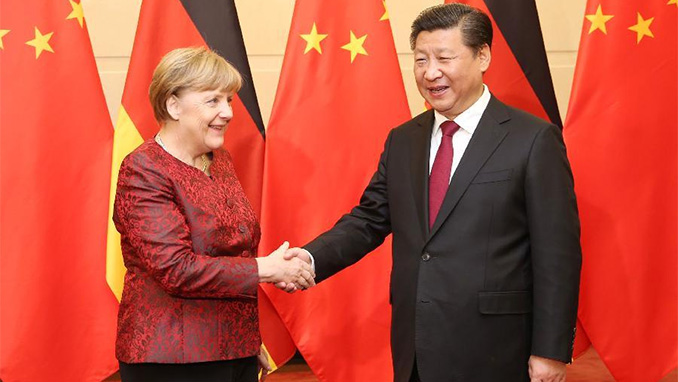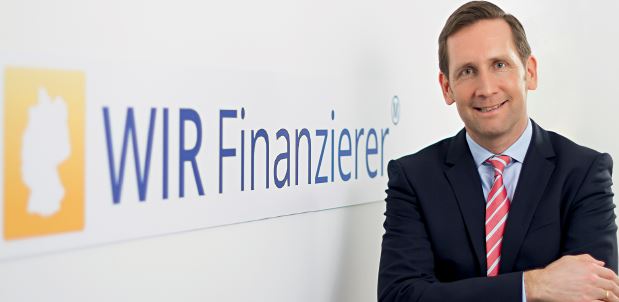[vc_row][vc_column width=”1/2″][vc_column_text]
Germany
The light green area is the rest of the European Union
Germany had the fourth-largest economy by nominal GDP in the world in 2018, and the largest in Europe. Germany is third largest exporting country and recorded the highest trade surplus in the world in four recent consecutive years. Germany benefits from a highly skilled labour force and is ranked 11th in the Human Capital Index. Over 99 percent of firms are small and medium enterprises, the "Mittelstand", which are typically larger than the European average, more export orientated, and tend to be family owned. Germany has 29 companies in the top 500 global companies in 2019. In 2019, renewable energy accounted for 46 percent of electricity consumed. Services accounted for 62 percent of GDP in 2018. Manufacturing accounted for 21 percent, which is similar to the level for Japan and close to double the USA's. The leading export sectors are machinery (18.5 percent of exports in 2017), services (17.6 percent), vehicles (17.45 percent), and chemicals (14.95 percent). The largest individual exports are ICT services (9.8 percent), cars (8.8 percent), transport services (3.5 percent), and car parts (3.5 percent). Its leading export partners are the USA (8.7 percent, France (8.2 percent), China (6.75 percent), the UK (6.6 percent), and the Netherlands (6.2 percent). Its biggest goods imports are electrical machinery and equipment (12.7 percent), industrial machinery (12.5 percent), vehicles (10.3 percent), and oil (7.8 percent). Industrialisation progressed rapidly after unification in 1871 as the population grew and urbanised, and the government introduced universal education and welfare. By 1900, Germany had overtaken the UK and the USA in steel production and was growing fast in the new knowledge industries of chemicals and electrical equipment. Post World War 2, West Germany recovered quickly with industry and institutions reorganised, recapitalised, and given a free-trade bias by the US. East Germany was organised as a command economy and decentralised policies saw a growth in industrialisation in the 1960s. Post re-unification the economy struggled in the 1990s as the government pursued fiscal consolidation. Labour market reforms by Chancellor Gerhard Schroeder in the late 1990s led to strong economic growth and falling unemployment in the 2000s. The economy weathered the global financial crisis with a public recapitalisation of banks and tax cuts.
[/vc_column_text][vc_column_text] Its population in 2018 was 82,293,457 [1]
Its population in 2018 was 82,293,457 [1]
 In 2015, 14.21% of its total energy
In 2015, 14.21% of its total energy
consumption was renewable [2]
 In 2021, its GDP grew by 2.89% [2]
In 2021, its GDP grew by 2.89% [2]
 In 2021 it had a positive Current
In 2021 it had a positive Current
Account Balance of US$bn 313.96 [3]
 Its unemployment rate in 2021 was 3.52% [3]
Its unemployment rate in 2021 was 3.52% [3]
 Its Expenditure on R&D (as a percentage of
Its Expenditure on R&D (as a percentage of
GDP) in 2020 was 3.14% [2]
What free trade areas or economic unions is it a member of?
Member of the European Union (EU) since 25/03/1957
Other members:
Austria, Belgium, Bulgaria, Croatia, Cyprus, Czechia, Denmark, Estonia, Finland, France, Greece, Hungary, Ireland, Italy, Latvia, Lithuania, Luxembourg, Malta, Netherlands, Poland, Portugal, Romania, Slovakia, Slovenia, Spain, Sweden
What trade deals are there between European Union and other countries and economic unions?
EU - Andorra Customs Union (from 01/01/1991)
European Single Market (SM) (from 01/01/1993)
EU - Sri-Lanka Co-operation and Partnership Agreement (from 01/04/1995)
EU - Türkiye Customs Union (from 31/12/1995)
EU - Faroe Islands Agreement (from 01/01/1997)
EU - Palestinian Authority Interim Association Agreement (from 01/07/1997)
EU - Tunisia Association Agreement (from 01/03/1998)
EU - Armenia Partnership and Cooperation Agreement (from 09/09/1999)
EU - Morocco Association Agreement (from 01/03/2000)
EU - Israel Association Agreement (from 01/06/2000)
EU - Mexico Global Agreement (from 01/10/2000)
EU - San Marino Customs Union (from 01/04/2002)
EU - Jordan Association Agreement (from 01/05/2002)
EU - North Macedonia Stabilisation and Association Agreement (from 01/04/2004)
EU - Pakistan Co-operation agreement (from 29/04/2004)
EU - Egypt Association Agreement (from 01/06/2004)
EU - Chile Association Agreement and Additional Protocol (from 01/03/2005)
EU - Algeria Association Agreement (from 01/09/2005)
EU - Lebanon Association Agreement (from 01/04/2006)
EU - Albania Stabilisation and Association Agreement (from 01/04/2009)
EU - Pacific States Interim EPA (from 20/12/2009)
EU - Montenegro Stabilisation and Association Agreement (from 01/05/2010)
EU - Central America Association Agreement (from 01/08/2013)
EU - Serbia Stabilisation and Association Agreement (from 01/09/2013)
EU - Bosnia and Herzegovina Stabilisation and Association Agreement (from 01/06/2015)
EU - South Korea Free Trade Agreement (from 01/07/2015)
EU - Kosovo Stabilisation and Association Agreement (from 01/04/2016)
EU - Georgia Association Agreement (from 01/07/2016)
EU - Moldova Association Agreement (from 01/07/2016)
EU - Canada Comprehensive Economic and Trade Agreement (CETA) (from 21/09/2017)
EU - Eswatini (SADC) Economic Partnership Agreement (from 05/02/2018)
EU - Lesotho (SADC) Economic Partnership Agreement (from 05/02/2018)
EU - Mozambique (SADC) Economic Partnership Agreement (from 05/02/2018)
EU - Namibia (SADC) Economic Partnership Agreement (from 05/02/2018)
EU - South Africa Economic Partnership Agreement (from 05/02/2018)
EU - Botswana (SADC) Economic Partnership Agreement (from 05/02/2018)
EU - Japan Economic Partnership Agreement (from 01/02/2019)
EU - Eastern and Southern Africa States free trade agreement (from 07/02/2019)
UK - EU Trade Deal (from 01/01/2021)
[/vc_column_text][/vc_column][vc_column width=”1/2″][vc_column_text]Jerome Powell, Chair of the Federal Reserve: The End of Easy Money
Ursula von der Leyen: Close Cooperation
EY Germany: Champion in Professional Services
CFI.co Meets the EY Germany Management Team: Hubert Barth & Julie Linn Teigland
Peter Sloterdijk: Shaping a Multipolar National Debate
CFI.co Meets the CEO and Founder of Kaiserwetter Energy Asset Management: Hanno Schoklitsch
Angela Merkel: Leader of the Free World
Behind the Scenes, Berlin and Beijing Are Forging a New World Order
Michael Pettis: Money Is Not Created Out of Thin Air
CFI.co Meets the CEO of WIR Finanzierer: Mark H van den Arend
Trade with the United Kingdom
Source: UK Office for National Statistics, October 2022.
Contains public sector information licensed under the Open Government Licence v3.0.














































































